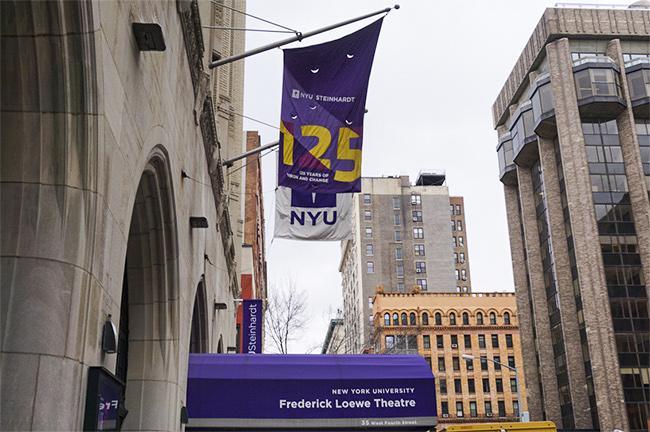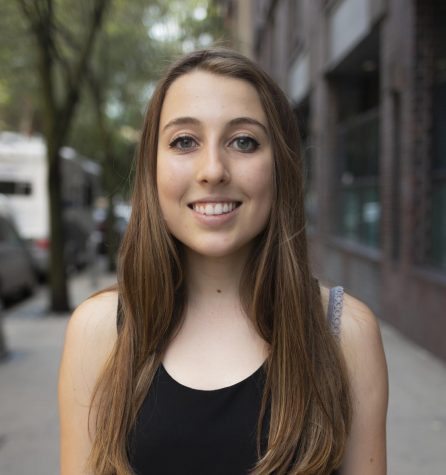NYU Professor Helping to Combat Police Brutality
Professor Barry Friedman founded the Policing Project in an effort to bring democratic engagement to policing within the community.
November 6, 2016
After widespread incidents of police brutality and clashes between communities of different races within the past few years, a lack of trust has formed between law enforcement and the areas they watch. Increased media attention of police brutality caused tensions to surge between communities and police, so in response to these conflicts, a professor at NYU created an organization to try combatting issues related to policing.
WSN interviewed Affiliated Professor of Politics Barry Friedman, who founded NYU School of Law’s Policing Project in 2015. The Policing Project is an organization at the law school that tries bringing democratic engagement to policing by connecting the police with communities and experts in the field of policing.
Washington Square News: How is the Policing Project working towards achieving its goal of bringing democratic engagement to policing?
Barry Friedman: We have lots of different projects. We help write best practices for policing agencies, we work on cost-benefit analysis of policing practices and then we work with police agencies, community organizations and communities to bring them to bring them together to produce policing between the two of them. So instead of police agencies deciding on their own how policing should happen, we’ve got communities involved in the decision-making process.
WSN: As far as the inspiration for this project and bringing it to various sites, was there a certain event or something that inspired the creation of this initiative?
BF: I have a book coming out, February, on policing. And I’ve been working on the book for about seven years, and I — right between Edward Snowden and Ferguson — decided that there was room for an organization to try to put some of those ideas into action, so that’s what we did.
WSN: How do you hope that the communities will get involved?
BF: We do it in different ways in different places. So in New York, for example, we did a very large project to get public input on the NYPD’s body camera policies. And we got some 30,000 questionnaires returned and comments from lots of community organizations.
We did the same in Camden, New Jersey. In Cleveland, Ohio [we are] working with the federal monitoring team, they’re under court order to report to the [police] department. And we’re working with [the police department] on community engagement around issues like use of force and community policing. In Tulsa we’re helping to set up a community advisory council. In Hayward, California we’re going to work with them to set up a youth advisory council, those are just some examples.
WSN: Are there any future projects planned at NYU?
BF: We do all of our work with student externs and interns. So there are students involved in everything that we’re doing. We may well be doing more projects in New York; we’re not sure about that yet.
WSN: Were the projects that were already done in New York successful?
BF: We’ve written a report to the NYPD about the public views about the body camera project – about their body camera policy. And they’re right now doing a report and deciding what their policy will look like — the final version of it. So I think that the amount of community input was terrific and we’ll have to wait and see what happens with the NYPD’s reactions. They were very open to the project.
Email Jemima McEvoy at [email protected].




























































































































































